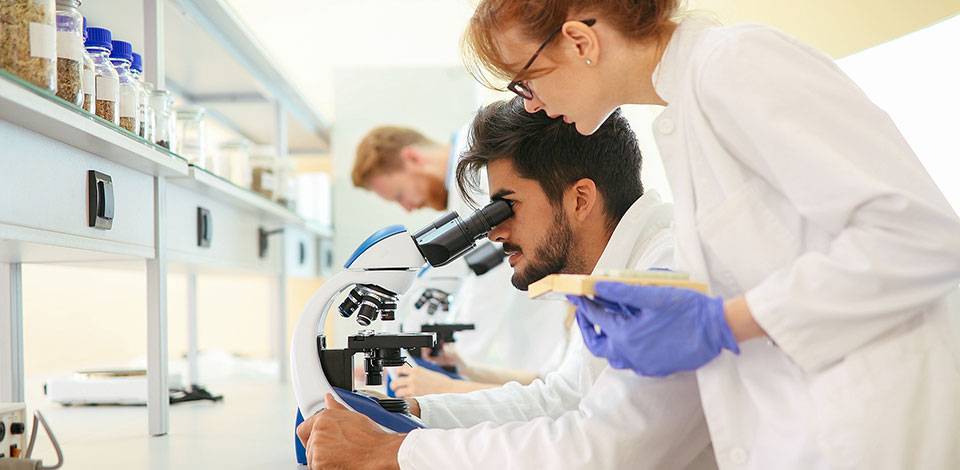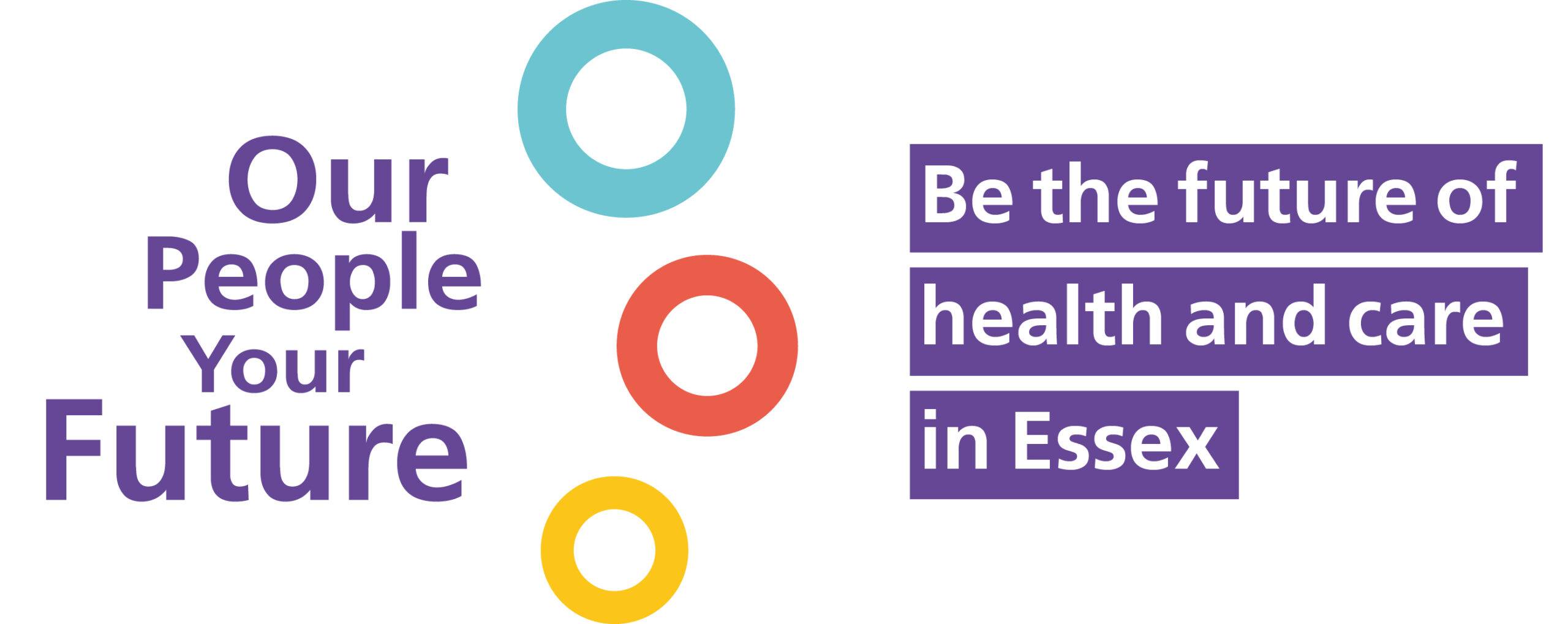
Healthcare Sciences
Healthcare Science is a profession that includes over 40 areas of applied science that support diagnosis and treatment. They play a key role in the prevention, diagnosis and treatment of a vast number of medical conditions.
Healthcare science practitioners will have the necessary expertise in applied scientific techniques within a specialism or related specialisms and will work in a range of healthcare settings. They work in 4 main areas.
Life Sciences
Life Sciences can be divided into three key areas:
Pathology is investigating the cause of illness and how it progresses by undertaking tests on samples of blood and tissue etc.
Genetics is the study of genes. Genetics research studies how individual genes or groups of genes are involved in health and disease. Geneticists research genetic disorders which is important in learning more about promoting health and preventing disease.
Reproductive Science is the science of creating life and providing solutions to infertility
Physiological Sciences
Physiological scientists work directly with patients, performing tests to evaluate how well parts of the body are functioning and planning the best course of treatment. Physiologists study every aspect of the way human bodies work. Some physiologists investigate the behaviour of cells. Others are researching the interaction of cells in tissues, organs and systems.
Clinical bioinformatics
A role in clinical bioinformatics is a great choice if you’re interested in both biology and computer science. You’ll be supporting the delivery of excellent patient care by developing ways to collect, organise and analyse biological data. Bioinformatics develops methods and software tools for understanding biological data, in particular when the data sets are large and complex.
Physical sciences and clinical engineering
Staff who work in this field use specialist equipment, technologies and a variety of different procedures to evaluate the functioning of different body systems, to diagnose abnormalities, and to direct therapeutic intervention and long-term care.
Entry Requirements
Entry routes into these types of roles vary however it is likely that to work in Physical Sciences and Clinical Bioinformatics you will need a degree level qualification followed by a training place on the NHS Scientist Training Programme (STP). For Physiological Science it will depend on the role but likely a relevant honours degree would be required. For Life Sciences the entry requirements will be role and organisation specific. There are also Apprenticeships available at level 2 and 4 in Healthcare Science Assistant and Associates.
Useful Resources
How to become a healthcare science professional | Health Careers (opens in a new window)
